Gas cookers are the go-to choice for anyone who loves cooking with precision. With instant heat and adjustable flames, you can really control your cooking like a pro. Whether you’re simmering sauces or searing steaks, these cookers deliver consistent results every time.
Gas Cookers
Experience precise temperature control and unmatched cooking efficiency with our premium selection of gas cookers
Product List
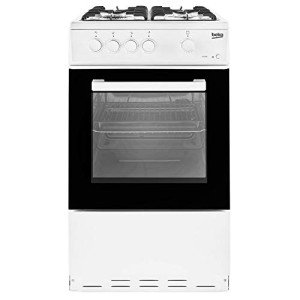
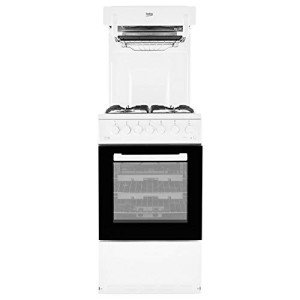
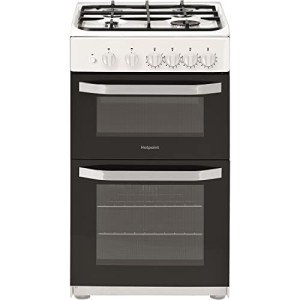
White 50cm Double Gas Cooker
Hotpoint
Product Review Score
4.91 out of 5 stars
140 reviews£389.99 £356.00
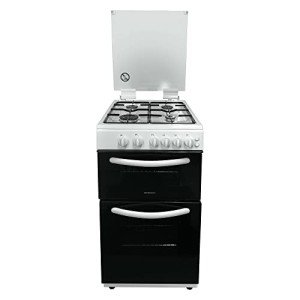
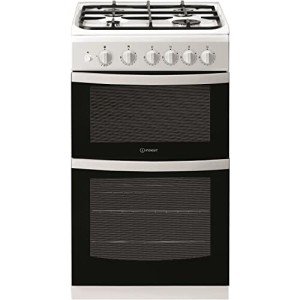
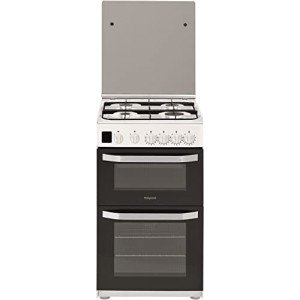
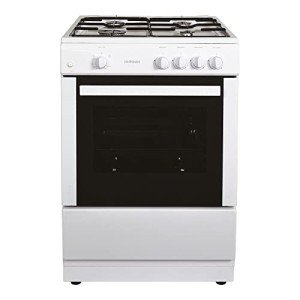
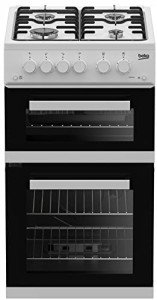
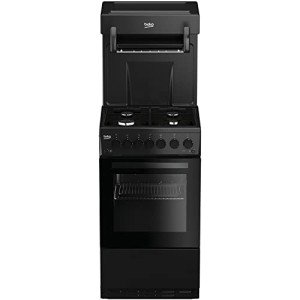
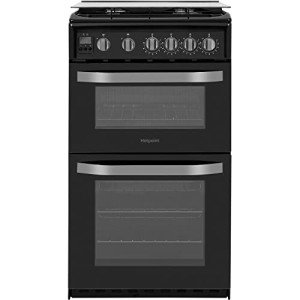
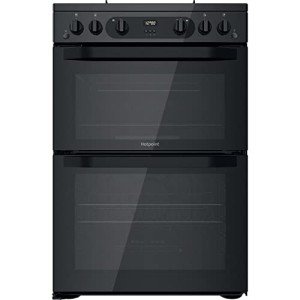
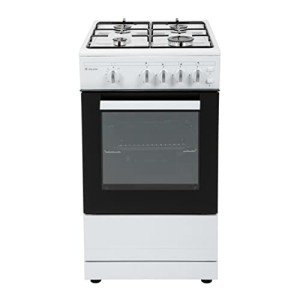
The Comprehensive Guide to Gas Cookers: Efficiency, Safety, and Buying Tips
Cooking is an art, and like any artist, chefs need the right tools to perfect their craft. For many households and professional kitchens, the humble gas cooker has long been considered an indispensable appliance. Known for its responsiveness, efficiency, and control over heat, gas cookers continue to be a preferred choice despite the influx of modern alternatives such as induction and electric cookers.
This guide is designed to explore the features, advantages, drawbacks, and selection criteria of gas cookers, enabling readers to make well-informed decisions when investing in one.
Why Choose a Gas Cooker?
Gas cooking has been around for centuries, yet its popularity remains strong in the modern kitchen. Some of the key benefits include:
- Instant Heat Control: Gas burners provide immediate flame adjustment, allowing precise control over the cooking temperature.
- Cost-Efficiency: In many regions, natural gas is cheaper than electricity, making gas cookers more economical in the long run.
- Versatility: They are highly compatible with a wide range of cookware, from cast iron to stainless steel.
- Even Cooking: Flames distribute heat evenly across the base of pots and pans, ideal for simmering sauces or searing meats.
Gas Cookers vs. Electric Cookers
To better understand the place of gas cookers in modern kitchens, here’s a comparison table:
| Feature | Gas Cookers | Electric Cookers |
|---|---|---|
| Heat Control | Instant control with visible flame | Slower response to temperature adjustment |
| Operating Costs | Generally lower in regions with gas supply | May be higher depending on electricity rates |
| Cookware Compatibility | Works with all cookware types | Some models incompatible with certain materials |
| Cooking Speed | Heats quickly | May take longer to reach desired temperature |
| Maintenance | Burners require regular cleaning | Easier to wipe down flat ceramic/induction tops |
| Initial Cost | Typically mid-range | Can range from affordable to very high (induction) |
Types of Gas Cookers
When choosing a gas cooker, it’s helpful to understand the different types available on the market.
1. Freestanding Gas Cookers
- Combine oven and hob in a single unit.
- Easy to install and suitable for most kitchens.
- Ideal for households looking for an all-in-one solution.
2. Built-in Gas Hobs
- Installed directly into a countertop.
- Provide a modern, seamless kitchen look.
- Ideal for those who already have a built-in oven.
3. Dual-Fuel Cookers
- Combine a gas hob with an electric oven.
- Offers the best of both worlds—precise hob heat with even electric baking.
- Popular choice among serious home cooks.
Key Features to Look For in a Gas Cooker
When selecting a gas cooker, several features should be considered to ensure it matches household needs:
- Number of Burners – Ranges from compact 2-burner hobs to large 6-burner cookers for big families.
- Safety Features – Look for flame failure devices (automatically cut off gas if flame goes out).
- Oven Capacity – Measured in liters; suitable capacity depends on family size.
- Design & Finishes – Stainless steel for durability, black enamel for easy cleaning, or glass tops for aesthetics.
- Energy Efficiency Rating – Determines long-term operating cost and environmental impact.
- Accessories & Extras – Look for griddles, wok burners, or rotisserie options.
Pros and Cons of Gas Cookers
| Pros | Cons |
|---|---|
| Fast and instant heat | Requires gas supply or cylinder |
| Cost-effective in many regions | Installation may need professional service |
| Works with all cookware | Burners can be more difficult to clean |
| Efficient for varied cooking techniques | Produces open flames (safety concerns) |
| Reliable during power outages | Less advanced features compared to some electric models |
Energy Efficiency and Environmental Considerations
While gas cookers are often cheaper to run than electric models, they do rely on fossil fuels. This means that in terms of environmental sustainability, electric induction cookers may have an edge, especially when powered by renewable energy sources. However, gas cookers remain highly efficient in delivering direct heat with minimal energy loss, which is an advantage in everyday cooking.
Tips for Maintaining a Gas Cooker
Proper care ensures both safety and performance. Some useful tips include:
- Clean burners regularly to prevent blockages.
- Check for gas leaks periodically, using soapy water (never a flame).
- Replace worn-out parts such as burner caps or ignition systems.
- Ensure proper ventilation when cooking to avoid buildup of carbon monoxide.
- Schedule professional servicing annually if possible.
Frequently Asked Questions (FAQ)
Q1. Are gas cookers safe to use?
Yes, modern gas cookers are designed with safety features such as flame failure devices. However, ensuring proper ventilation and regular maintenance is essential.
Q2. Can gas cookers work during a power outage?
Most gas hobs can still be lit with a match or lighter during power outages, making them a reliable choice in areas with unstable electricity.
Q3. Which is cheaper to run: gas or electric cookers?
This depends on local energy prices. In regions where natural gas is abundant, gas cookers tend to be more cost-effective.
Q4. Do gas cookers require special cookware?
No, gas cookers are compatible with most types of cookware, including cast iron, stainless steel, and non-stick pans.
Q5. What is a dual-fuel cooker, and why choose it?
A dual-fuel cooker combines a gas hob with an electric oven, offering flexibility by maximizing the advantages of both cooking technologies.
Final Thoughts
Gas cookers remain a staple in kitchens worldwide due to their heat precision, affordability, and cooking versatility. While newer technologies such as induction cooking are gaining traction, gas cookers still offer reliability and control that many cooks value.
When selecting one, buyers should weigh factors like family size, cooking preferences, safety features, and budget. With the right choice and proper maintenance, a gas cooker can serve as a trusted kitchen companion for years.